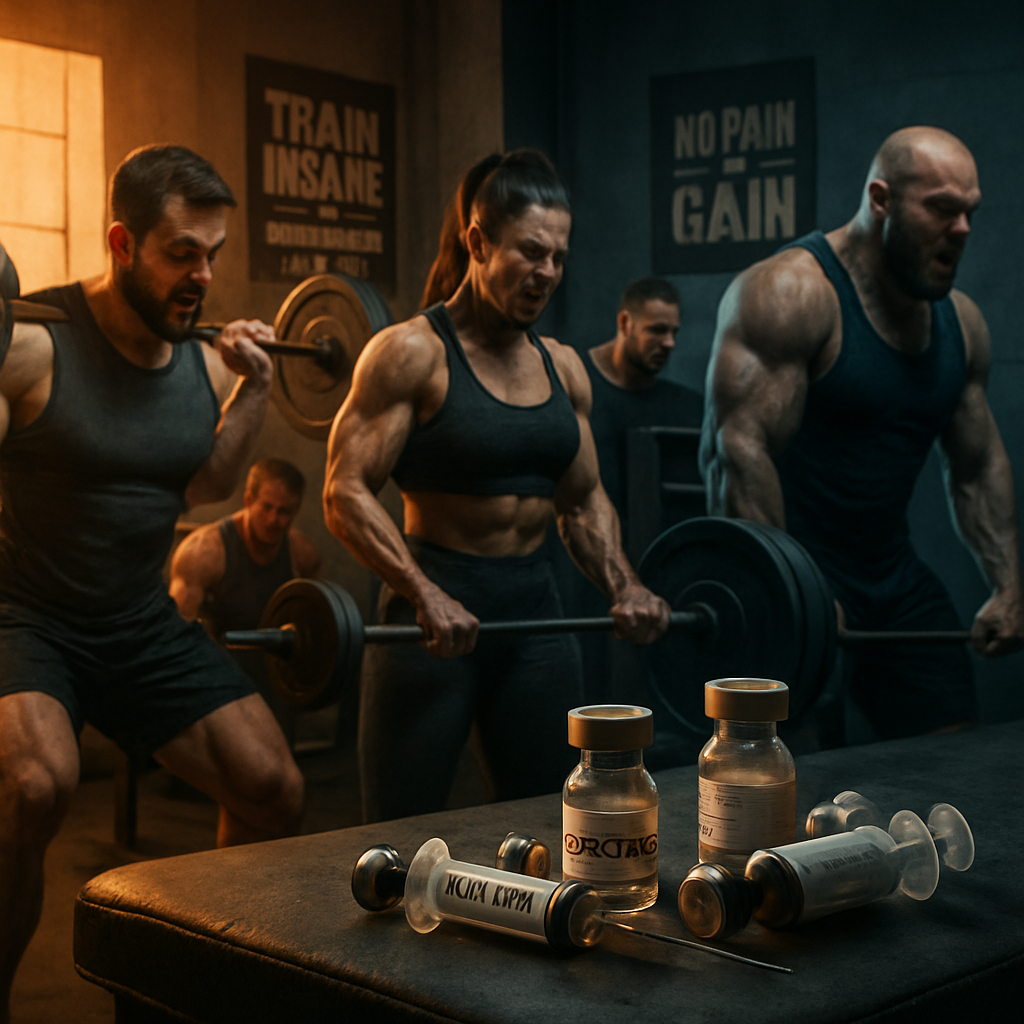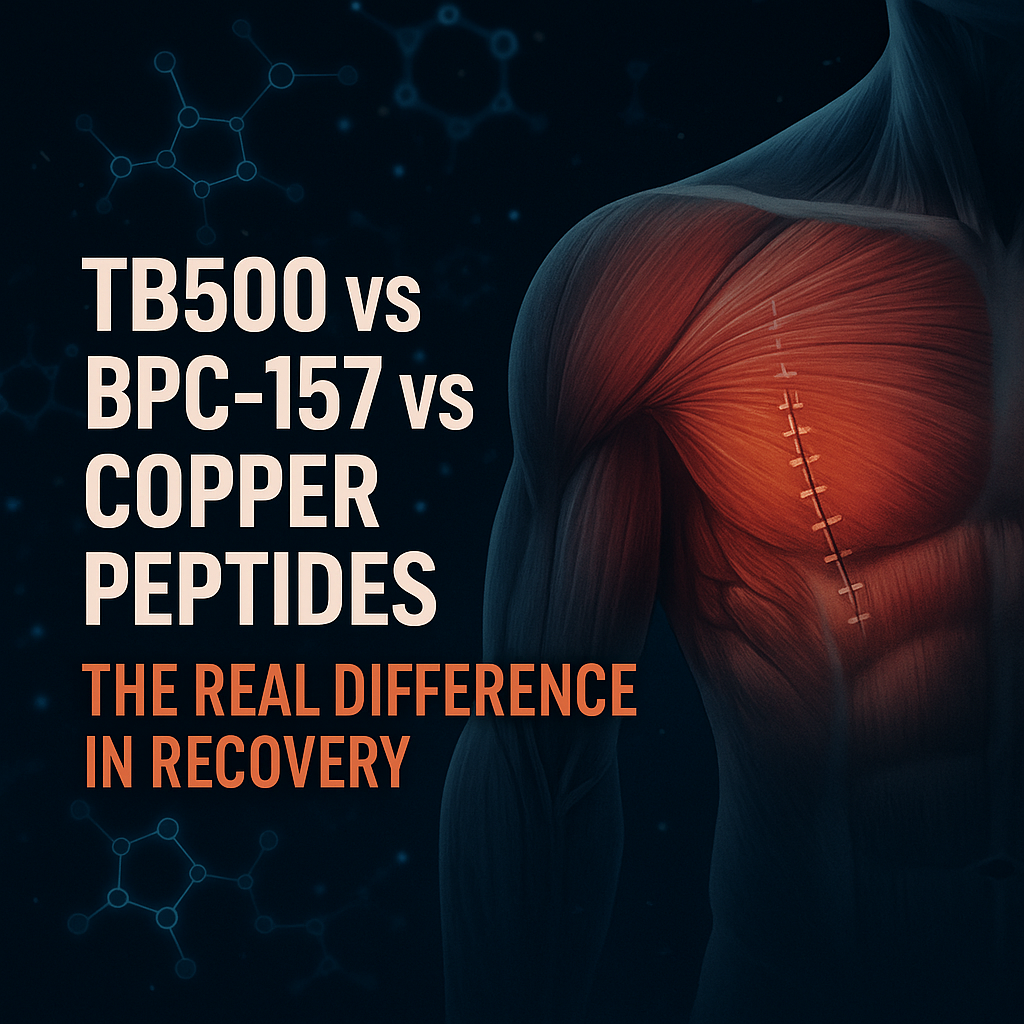
For the casual athlete, it's common to mix work and play. Fitness goals are part of a complete and well-rounded life, after all, and social occasions often involve some amount of alcohol consumption. But how does occasional drinking affect physical performance?
Alcohol affects every part of the body, and the effects last over an extended period of time.
Physical effects of alcohol while drinking
If you have a few beers before a workout or a sport activity, you know that it affects your balance, reaction time, and endurance, but here are a few of the subtler effects:
- Alcohol causes dehydration. Alcohol is a diuretic, increasing the frequency and volume of urination. It takes nearly four times the volume of water to alcohol to process it through the body, so our hydration reserves are quickly depleted when drinking. And the body also loses water through sweat during exercise. Not only does the increased need to urinate impede endurance performance from a purely practical standpoint, but dehydration negatively affects body temperature, circulation, and all-around physical health.
- Alcohol contains excess calories. If your fitness goals are related to weight loss, be mindful that alcoholic drinks are generally high in calories and low in nutrients. From a nutritional standpoint, they undermine dietary goals.
Effects of alcohol the morning after
It's not uncommon to go out on a Friday and then plan to train on a Saturday. A severe hangover can make this difficult or impossible. Even in the absence of a noticeable hangover, drinking has some lingering effects the next day:
- Alcohol disrupts sleep. Sleep is essential for athletic performance, and not only because a well-rested body has more energy available for a workout. Sleep is necessary for muscle development and recovery, and poor sleep also negatively affects the brain, slowing reaction times and impairing decision-making.
- Alcohol is a toxin. Even when you are no longer feeling the effects of drinking, your liver, kidneys, and digestive system are still working overtime to metabolize and expel alcohol. The stress on your organs diverts energy and blood flow to the core of your body, where it is needed most. This reduced circulation and oxygen to your extremities reduces strength and endurance in your muscles, and impairs physical performance.
Longer term effects of alcohol on endurance sports
While everyone knows that chronic drinking causes a host of health problems, a single night of over-indulging actually affects the body for the next 2-3 days before it fully recovers.
- Alcohol stresses the heart. Drinking affects blood pressure and increases heart rate for up to three days afterward. This effect is actually riskier for occasional or binge drinkers, because the heart strain is unusual. Every part of the body requires a strong heart during endurance activities.
To avoid these negative effects
Most people can't avoid drinking altogether, because sometimes completely abstaining has a negative effect on social activities. To balance the desire for fun and relaxation with the physical demands of endurance activities, here are a few simple rules to keep in mind:
- Drink in moderation and avoid binging. The occasional drink or evening out will not have long-term negative effects, but avoid drinking to excess and binge drinking.
- Drink with food. Drinking in combination with eating slows the rate at which alcohol enters the blood stream. This reduces sudden strain on the heart and organs, and prevents a sudden spike in blood alcohol levels.
- Drink water while drinking and after. Dehydration severely impedes physical performance. Drink a glass of water for every alcoholic beverage, and drink much more water than normal for a day or two afterward, even if you don't feel thirsty.
- Consider IV Hydration Therapy. IV hydration therapy has the benefit of incredibly fast hydration since the fluids directly enter your blood stream. And unlike water, IV hydration therapy can provide your body with nutrients.
- Avoid alcohol for 3 days prior to events where you need peak performance. In the days leading up to a race, marathon, or event where you will be straining your body and require your best performance, avoid alcohol altogether. A few days of abstaining will give you time to fully rehydrate, and protect your heart from the additional strain.









-1.png)